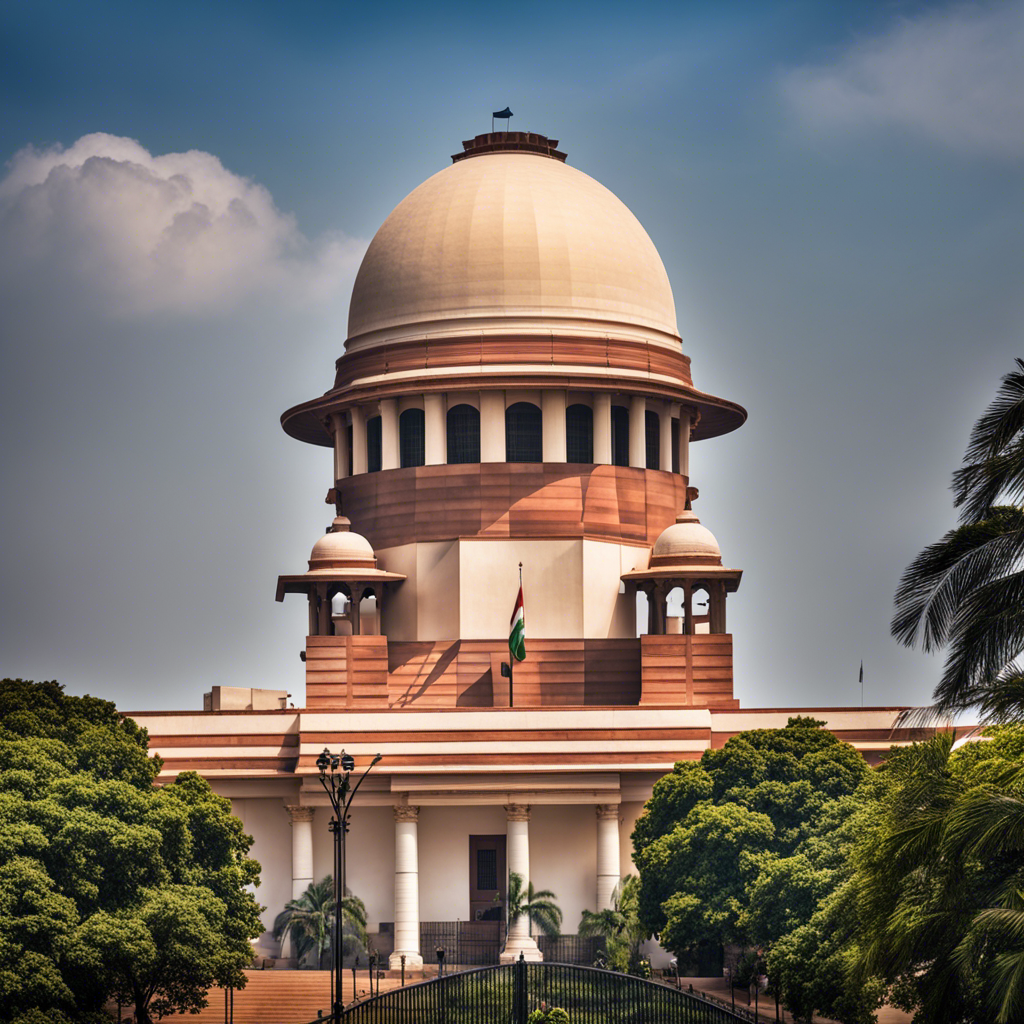The supreme court of India has turned down a request by the nation’s principal public sector bank, the State Bank of India (SBI), to delay the publication of details specific to a contentious seven-year-old programme initiated by Prime Minister Narendra Modi’s government. This scheme permits corporations and individuals to make anonymous contributions to political parties.
A five-judge panel commanded the SBI unanimously to submit specifics relating to this electoral bond scheme to the Indian election commission by the forthcoming Tuesday evening. The commission was subsequently instructed to disclose these particulars on its online platform no later than the 15th of March, 5 pm.
This command was in retaliation to the plea put forward by SBI seeking an extension till the 30th of June to reveal the bond-related information, echoing the court’s earlier judgment that the entire political financing scheme instituted between 2017 and 2018 was “contrary to the constitution”.
On the 15th of February, the judiciary had directed the SBI to supply the details of these bonds, redeemed by each political party, to the election commission by the 6th of March, who were then obligated to display such information on its website a week subsequently.
However, two days prior to the deadline’s expiration, the SBI appealed to the court, arguing that assembling all facts related to bonds was a “lengthy procedure” that wouldn’t be possible until the conclusion of the entire June, a time by which the pending general elections would have already transpired.
The court, while denying the bank’s appeal, cautioned the SBI against intentionally breaching the specified timeline for disclosing information about the bond scheme, and put it “on alert”, doing so by the end of the business day on Tuesday.
The judgement arrived shortly before the divulging of the general election’s plan, due to be finalised by the end of May, and is seen as a huge stumbling block for Prime Minister Modi’s BJP government. This is in large part due to the fact that his party has reaped the maximum benefits from the contentious bond scheme.
As per the independent oversight body, Association for Democratic Rights (ADR), the State Bank of India (SBI) has thus far distributed electoral bonds valued at 165.18 billion rupees (€1.82 billion) to individuals and businesses. The ADR reveals that the Bharatiya Janata Party (BJP) has received approximately 53% of these funds (in excess of 87.54 billion rupees or €968 million).
The electoral bond scheme was initiated by the BJP to foster greater transparency in political funding, intending to move away from the predominately cash-based approaches of prior elections. The conditions of the scheme dictate that only the SBI can sell these bonds, which can then be donated to any political party and redeemed after a period of 15 days. The government guaranteed confidential treatment of all transactions involved in this process.
The BJP-led government abolished several existing statues related to political funding in a bid to further enhance transparency. This involved eliminating a law that limited corporate political donations and officially permitting all donors to withhold information regarding these donations in their yearly financial statements.
The bond scheme has also allowed foreign entities, previously restricted from financially supporting Indian political parties, to make contributions via their Indian affiliates. However, critics have argued that the state ownership of the SBI enables the ruling party to access its data, potentially discouraging donors from financially supporting opposition parties through bonds.
The government, however, has maintained a rule which requires all political parties to unveil the identities of donors contributing more than 20,000 rupees (€221) in cash.
Opposition parties have commended this court decision, considering it a progressive move towards safeguarding democracy. The leader of the Congress Party, Rahul Gandhi, proclaiming via social media platform “X” (formerly Twitter), stated that the full disclosure of electoral bonds will disclose what he believes to be the largest scandal in Indian history and expose the unholy alliance between unscrupulous magnates and the government. The Congress Party’s chief, Malikarjun Kharge, declared on X that the court’s verdict favours transparency, accountability and fairness in India’s democracy.
Stay abreast of the latest political insights by checking out our Inside Politics Podcast. Keep up-to-date with major news and commentary directly on your phone by registering for push alerts. Follow The Irish Times on WhatsApp to stay informed.

